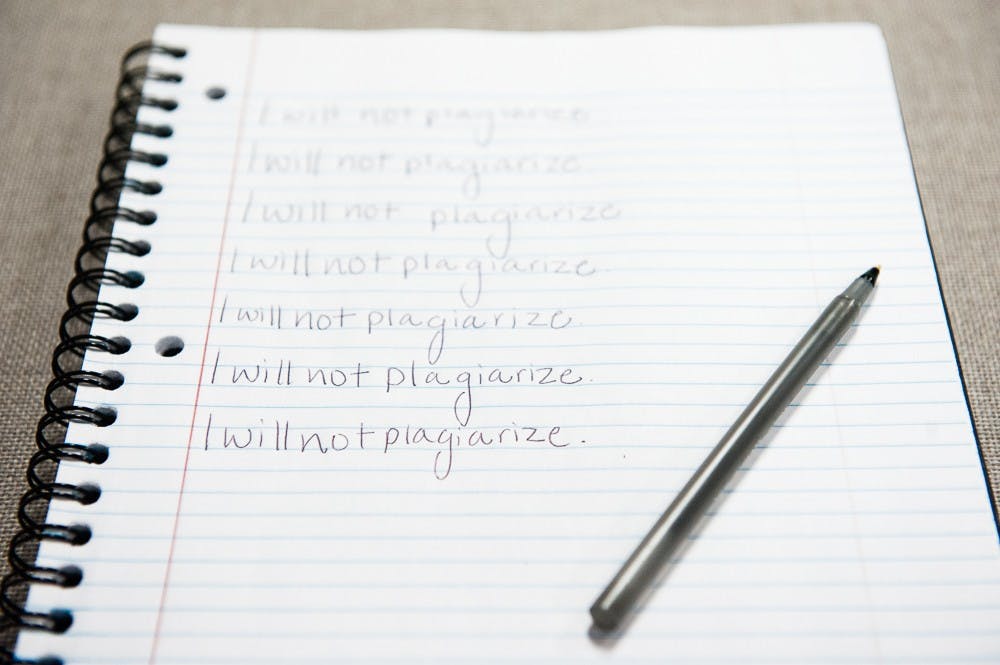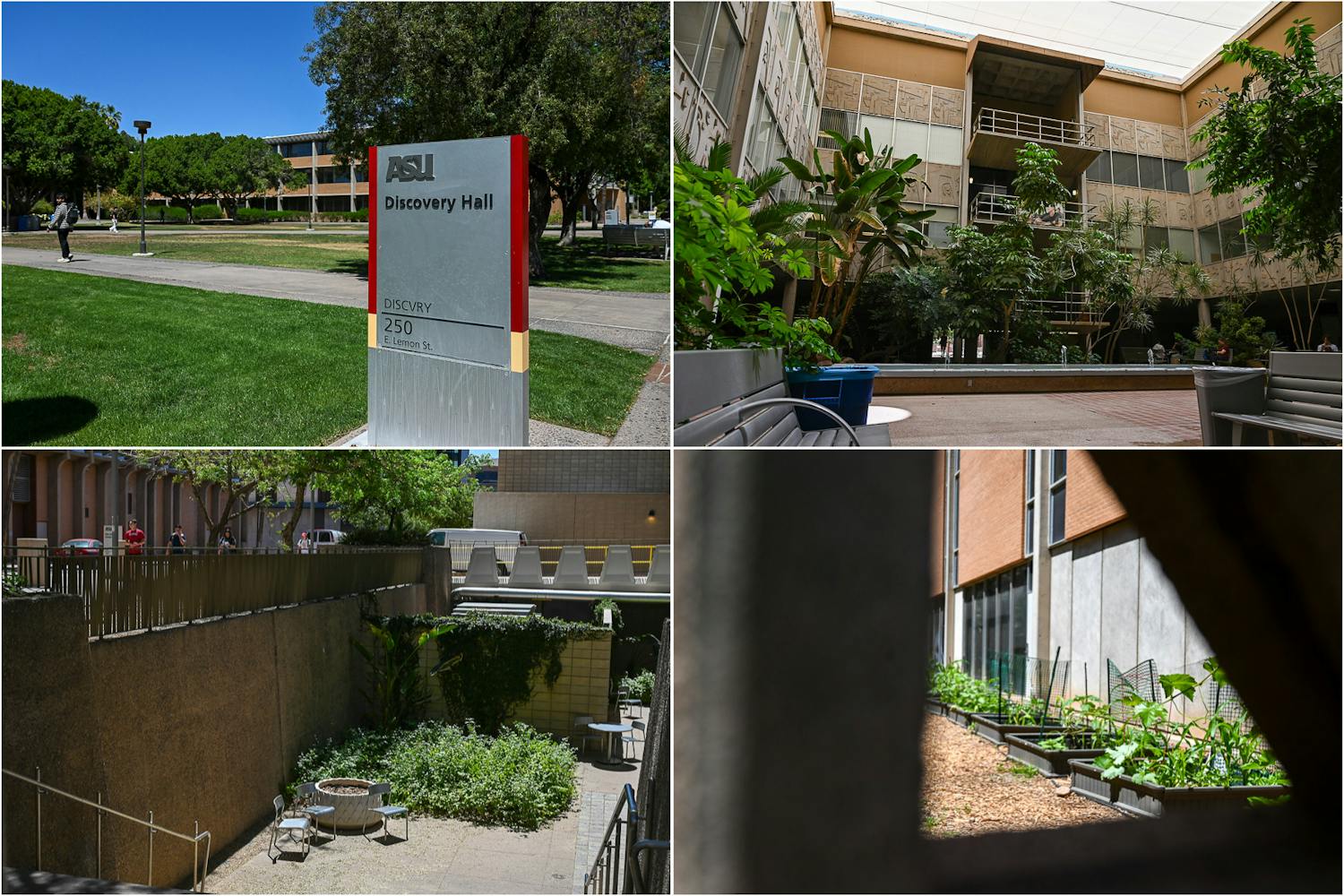Copy. Paste. Submit. It’s a simple process, with life-altering consequences.
Plagiarism of any nature often results in removal from a program or expulsion from our University entirely. It is a matter ASU does not take lightly, or so we thought.
Matthew Whitaker, a professor of history with classes centering around African-American history, as well as a founding director of the Center for the Study of Race and Democracy at ASU, was found to have plagiarized this past summer, according to a State Press article earlier this year.
Despite the University having found “significant issues with content” in his book “Peace Be Still: Modern Black America from World War II to Barack Obama,” Whitaker wasn’t fired from his position. He wasn’t asked to leave the University. He was simply demoted from full professor to associate professor. According to his faculty page, he currently teaches one class online, "The Civil Rights Movement."
If an ASU student, including those who are in the same school where Whitaker teaches, is accused of any form of academic dishonesty, plagiarism included, the student can receive a penalty ranging from a reduced grade, to failing the class, to removal of the school, to expulsion from the University.
How scholars of race and cultural diversity should NOT engage with their community. http://t.co/P0jQslpnwv
— JHU Africana Studies (@jhu_africana) August 19, 2015
To make matters worse, this is Whitaker's second offense of plagiarism, the first being in 2012. Paragraphs within “African American Icons of Sport: Triumph, Courage, and Excellence” were found to have been taken from Wikipedia, according to The Arizona Republic.
If a student commits something as serious as plagiarism twice, you might not be seeing them around campus much longer. If Whitaker was forced to submit his work through SafeAssign like ASU's thousands of students, his academic dishonesty would have been realized sooner.
Whitaker claimed in a letter to ASU that he gave it to a freelance editor to fill in with facts and references. In that same letter, he claimed that, "the question of the motive of my accusers cannot be ignored, including racial bias, resentment and harassment against a black professor promoted to full professor over their objections," according to The Arizona Republic.
One could very easily argue this was a ploy to get the attention away from himself. Nevertheless, the University claimed that Whitaker had “not committed ‘systematic or substantial’ plagiarism” but that “they were concerned about ‘occasional carelessness,’” according to The Arizona Republic.
Sure, Whitaker will be facing a $10,000 decrease in his salary. But what if he was a student? ASU broadcasts that it has zero tolerance for academic dishonesty of any sort, but the standard it holds so-called esteemed faculty to tells another story entirely.
A professor should be an example to his or her students in general, as well as a shining example of an ethical individual. If anything, he or she should be held to an even higher standard than the students he or she instructs.
ASU shouldn't have given Whitaker a pass simply because he has numerous awards under his belt, or a hazy gray area of the plagiarism not being “substantial” saved his spot in front of the classroom.
Simply put, Whitaker should be held to the same standard he holds his own students to every semester.
Related Links:
ASU professor demoted for plagiarism after investigation
Professor resigns committee position, questions plagiarism decision
Want to join the conversation? Send an email to opiniondesk.statepress@gmail.com. Keep letters under 300 words and be sure to include your university affiliation. Anonymity will not be granted.
Like The State Press on Facebook and follow @statepress on Twitter.




